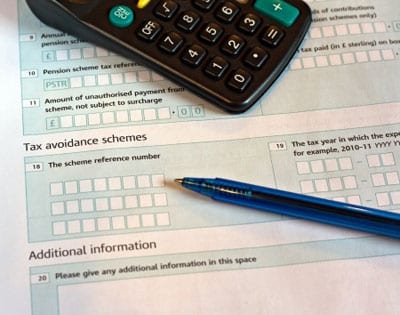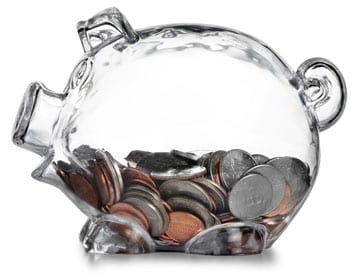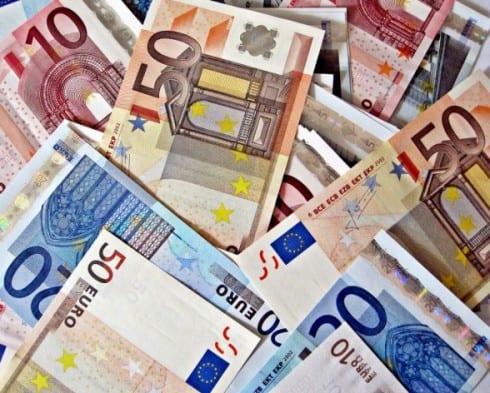
I IMAGINE you are already asking, when does tax EVER make sense, but it is a necessary part of the financial structure. We take it for granted, yet still often resent paying the tax we owe.
Tax collection is very much in the news, with a focus on the list of wealthy HSBC clients in Switzerland.
Some 5,000 files were identified, with 1,000 of those having been reviewed by HMRC.
It is alleged that £135 million has been collected in back taxes and fines, but with only one prosecution so far.
The question that I hear being asked a lot is why is the prosecution rate so low when other Government departments seem to be a lot more aggressive in pursuing prosecutions of lesser offenders.
Don’t get me wrong, I am not defending criminals here, but it does often seem to be that the little guy gets beaten up by the tax office more frequently than the big guy!
One argument is that if everybody paid the tax they owed, the overall burden would be less for the majority – and I think there is some truth in that.
While some tax makes sense, there are other instances which seem totally illogical.
I came across one such circumstance the other day which involves property purchase in Spain – in particular where the Spanish tax authorities are raising tax assessments on people who have bought property “too cheaply”.
My initial reaction is that there must be a mistake so I thought I would talk it through with one of the Spanish tax firms that I know, and, lo and behold, it is right.
If you are a property owner in Spain, you will be familiar with property having a Catastral value which is set by the government and takes into account a number of factors affecting value – location and size for example.
While Catastral values are reviewed periodically, with a substantial fall in market values, it is quite common, it would seem, for the Catastral value to lag behind and to be higher than the market value. This is where the situation arises if the property is sold for less than the Catastral value.
The view of the Spanish authorities is that when a property is purchased below the Catastral value, there is an implied benefit – effectively a capital gain – which then becomes assessable for tax.
In an open market, it does not matter what you are trying to sell, the actual value is surely what someone else is prepared to pay you for it, which is a fair principle but not, it would seem, in the eyes of the Spanish tax man!
As always, it is good to be aware of these issues and if in any doubt, be sure to speak to your solicitor.
Click here to read more News from The Olive Press.








Am no expert on this but Catastral valuation is used as the basis on which the FISCAL valuation is calculated. There are various coefficients used when arriving at the value for Tax purposes depending on where you are in Spain. My grouse is that if a bank happily sells off a property they have been stuck with at a good price but for sure a price that nobody can say is an underpayment or even a dodgy deal, it is a market price, then the buyer is landed with whatever the Tax man says it is Fiscally worth. I can understand why the Spanish Government wish to see this revenue but is this ever explained BEFORE purchase to the buyer by the Agent or the Bank or Gestor or anybody !?
In Spain you are supposed to know and if you don’t know it’s your fault.
Bill,
you could not write truer words – they apply to every aspect of life in Spain and not just for foreigners but Spanish as well, I’ve lost count of the number of times I have heard “but did’nt you know?